Useful information and general safety tips in Budapest

Budapest is a beautiful and welcoming city, and by staying aware and taking basic precautions, you can have a safe and enjoyable experience while visiting. Always stay informed about the current safety situation and follow any travel advisories issued by relevant authorities.
Budapest is generally considered a safe destination for travellers, but like any other city, it’s essential to be aware of your surroundings and take certain precautions. Here are 10 useful pieces of information regarding the aspects we thought are essential when visiting to Budapest:
1. General things to know
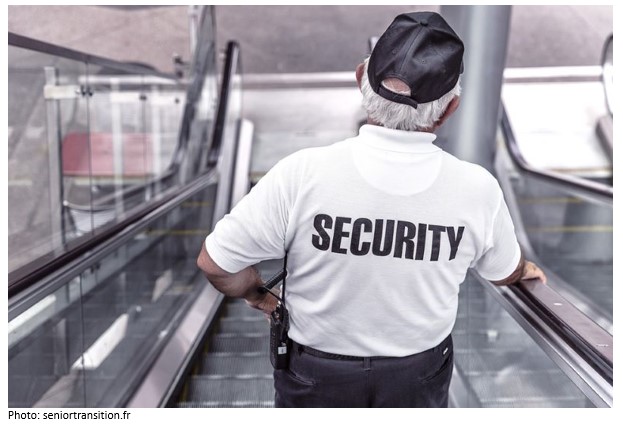
Budapest is the capital of Hungary. Budapest consists of 23 districts, and the population of the city is around 2 million. The capital is divided into 2 parts by the Danube: Buda and Pest. Both are rich in famous landmarks and attractions to visit. The terrain of Buda is hillier, while Pest has a flat surface. The official language of the whole country is Hungarian.
Thankfully there is no ongoing war in the country, and neither inner conflict. Aggressive crime is minimal in the country. Quarrels and debates are usually settled verbally. Police presence is active in the city, especially downtown, patrols are frequent. Surveillance cameras are functioning throughout the entirety of the downtown.
The central tourist areas of Budapest, such as District V (Belváros – Lipótváros) where you find landmarks like the Parliament, St. Stephen’s Basilica, and the Chain Bridge, Heroes Square, Matthias Church, Centrals Market Hall and the entire Váci street are generally safe, even at night. These areas are well-lit and patrolled by police frequently. However, due to the huge crowds visiting these sights these locations are the spots for thieves too.
Shops are usually open from 10:00 – 18:00 on weekdays. On Sundays most of the shops are closed but rest assured shopping malls and big grocery stores are open. However, there are some high holidays which will alter opening hours and availability. Here is a short list of Banking holidays in Hungary.
1st January – New Year
15th March – National Holiday
March – April: Great Friday and Easter (the exact date varies)
1st May – Labor Day
Late May: Pentecost Monday
20th August – National Holiday
23rd October – National Holiday
1st November – All Saints Day
25th-26th December – Christmas
31st December New Year’s Eve
2. Everchanging weather – 4 seasons
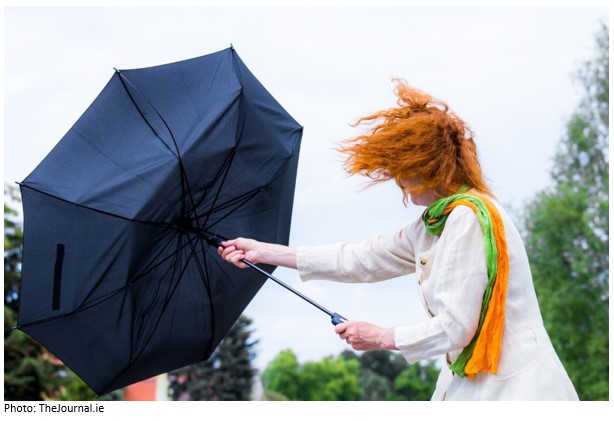
Hungary is located on the northern hemisphere, in the middle eastern part of Europe. The country is in the temperate climate zone. Due to Hungary has a dry continental climate the difference between of the seasons are significant.Hungary has (almost) 4 seasons, which has drastically changed throughout the last decades. Nowadays the country has mild winters during which the temperature goes slightly below 0 °C (32 Fahrenheit) In Budapest it seldomly snows. Spring is very sudden and bursts in with warm, wet, and windy weather. However, this is the most capricious season, as the temperature can vary from day to day. Summers are extremely hot and dry, in addition the humidity is quite low, especially in Budapest. However, there is a summer month with a lot of precipitation, mostly May or June. The rest of the summer is most likely dry and hot. Which heat can result in sudden, powerful but short storms. If you visit Budapest in mid-summer, be sure to hydrate regularly and use suntan lotion to avoid sunburn. The desert like heat is followed by a milder but still very enjoyable warm weather – a long Indian summer lasting around October. Always bring versatile clothing and try to prepare for sudden temperature changes.
3. Currency – Hungarian Forint or HUF
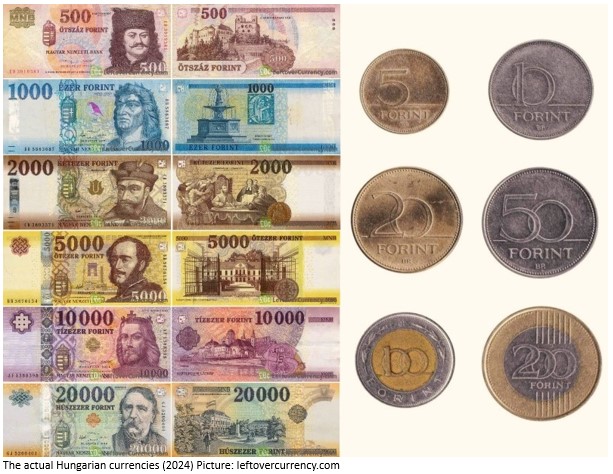
The official currency of Hungary in 2024 is the Hungarian Forint or HUF. In 2024, many shops still accept cash only, so you should always have a fair amount of cash on you to avoid uncomfortable situations. Always use exchange offices, banks or withdraw money from ATMs. Always get a rough idea of the conversion rate of your currency to HUF to prevent money loss. Avoid exchanging currency on the street, or railway stations from individuals especially at Keleti station, which is the international railway station, therefore the favorite target of scammers.
4. Petty Theft
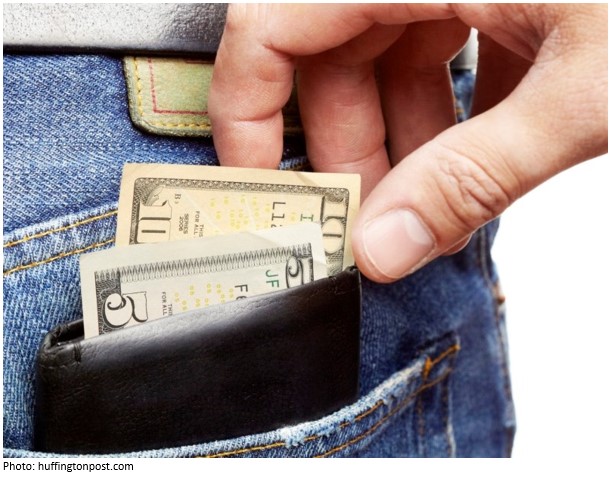
Pickpocketing and bag snatching can occur, especially in crowded areas, tourist attractions, and on public transportation. Be alert in the presence of “street artists” in crowded areas, as pickpockets are active during their performance. Keep an eye on your belongings, especially in crowded places like markets, metro stations, and tourist sites. Keep your valuables, such as passports, extra cash, and important documents, in a secure place, like a hotel safe. Robbers are mostly active near transportation platforms, the above-mentioned tourist areas, and shopping centers.
5. Scams

Be cautious of scams targeting tourists, such as overcharging at restaurants or bars, fake taxi drivers, or individuals trying to sell overpriced goods or services. Stick to reputable establishments and use licensed taxis or ride-sharing services. We highly recommend you stay out of obvious gambling tricks and rip-off scams. If you hear the phrase: “Here is the red where is the red Hungarian lucky game!” steer clear.
6. Nightlife
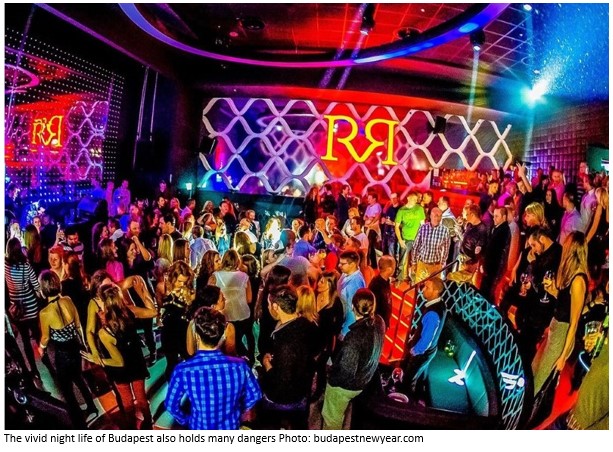
Budapest has a vibrant nightlife scene, particularly in the ruin bars of District VII (Erzsébetváros). While these areas are generally safe, be aware of your surroundings, drink responsibly, and avoid confrontations. Prostitution is not legal in Hungary. Therefore all “similar” services are unchecked, and uncontrolled. The consumption of any drug is strictly forbidden in Hungary. Avoid questionable vendors selling unknown substances and beverages. Always keep an eye on your drink and drink from your glass only at bars.
7.Transportation
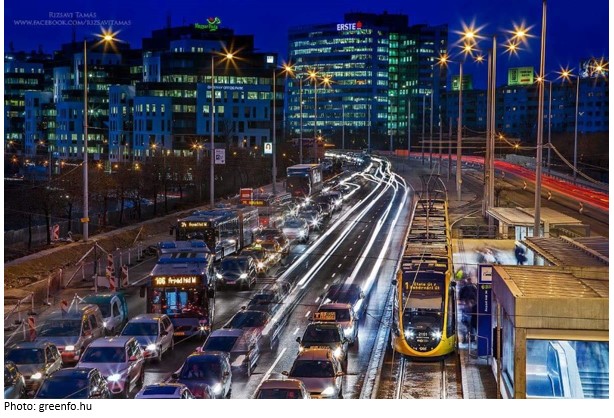
Public transportation in Budapest (BKK), including buses, trams, and the metro, is generally safe and reliable. However, be wary of crowded metro cars and keep an eye on your belongings. The vast network of these rides provides excellent coverage in terms of transportation. Unless travelling without tickets the transportation control employees can give you a rough time, which can result in a hefty fine. Purchase public transportation tickets from official vendors or machines to avoid fines. Inform about the new QR scanning system of BBK. Download the mobile app and scan the QR codes printed next to the doors of surface vehicles. However distances are quite short downtown, most of the main sights are within walking distance. Taxis are also safe but use licensed taxi companies or reputable ride-sharing services.
8.Health Precautions

General rule of thumb be always careful and try to avoid injuries and illnesses as the waiting time, unless you have got a serious injury, can last quite a while. Avoid getting hospitalized. On weekends most of the pharmacies in Budapest are closed, usually there is one available in every district.
9. Cultural differences, language barrier, other things

The language barrier can be a problem at sometimes, however in the main touristic areas most of the people speak English. Generally speaking, Hungarians are a bit conservative and introverted, but once you engage in a conversation, they are welcoming helpful and friendly and rather chatty.
Eating habits: Portions are big, compared to several neighboring countries, but if you want to taste the true authentic cuisine of Hungary you hardly can avoid meat or dairy products used in meal. Many restaurants provide vegetarian meals, but vegan meals are a bit scarcer to find. However, there are several Hummus bars scattered in the city providing a yummy alternative.
10. Emergency Services
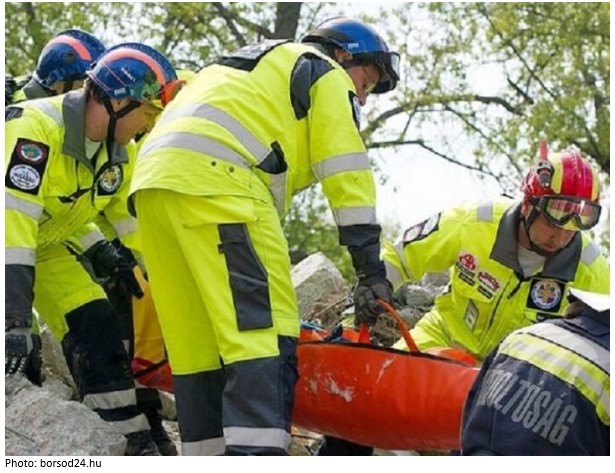
Hungary has a well-established emergency response system. In case of an emergency, dial 112 for assistance. This is the equivalent of “911” in America, the general emergency hotline. The police (rendőrség) can be reached at 107, and medical emergencies are handled by ambulance services (mentők), reachable at 104. If you need help with fire related emergency dial 105 (tűzoltók)
In case, you need the assistance from your embassy here is a list of Embassies in Budapest:
Embassies and consulates in Budapest, Hungary (embassypages.com)
To summarize the above-mentioned issues, Budapest is just like any other big city. Which means that the gerenal rules apply when visiting the Hungarian capital. Get a good idea of the conversion rate of your currency to HUF, always have some cash with you, pack warm clothing, and avoid obvious tourist traps.
All in all, we hope that we could help you to prepare for your trip to Budapest, keep away from trouble and have a splendid time in the Hungarian capital.
